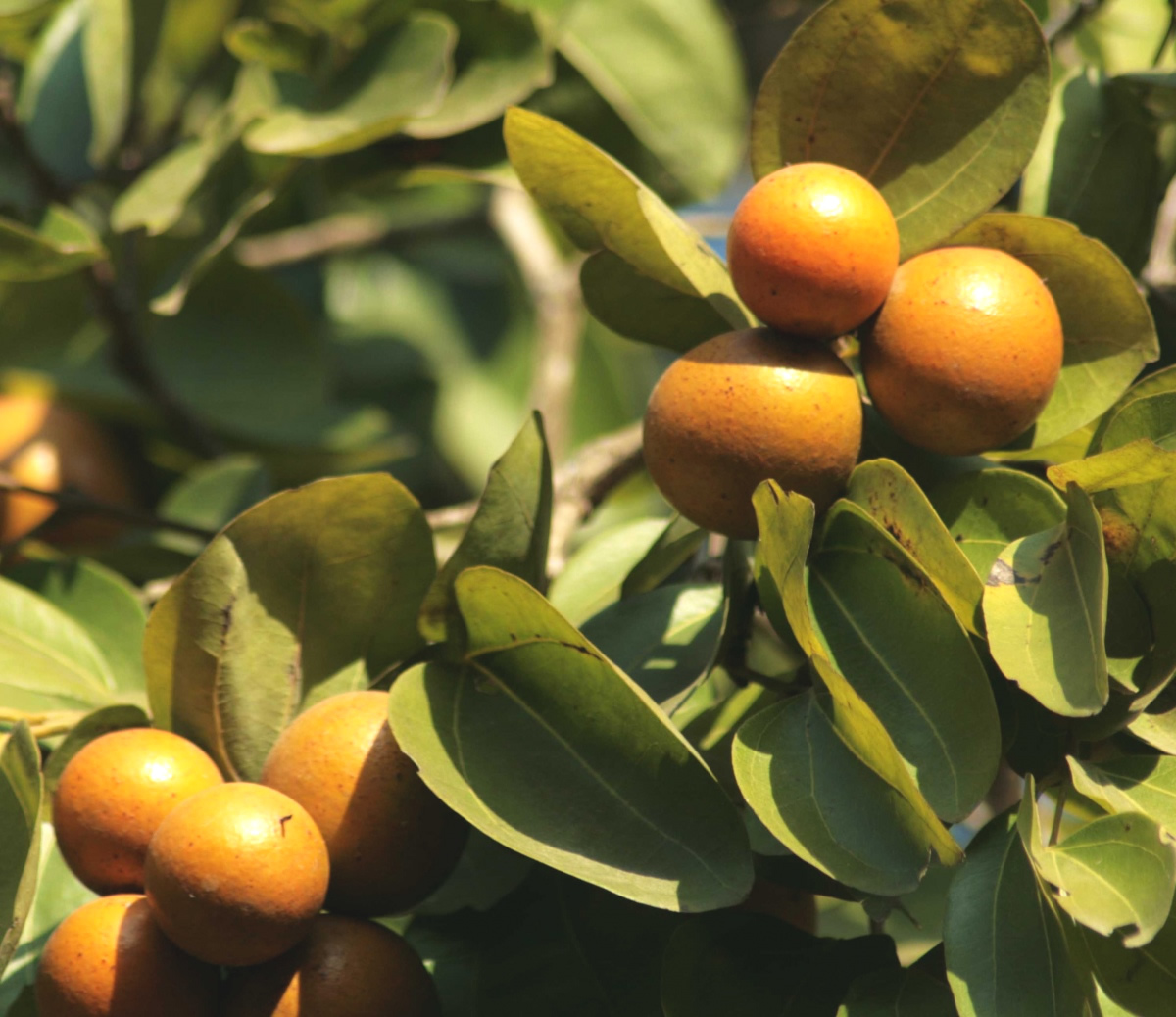Ignatia Amara
The Homeopathic Remedy Ignatia Amara (Ign.) comes from the St Ignatius bean, which is the seed of Ignatia amaris, a climbing shrub native to China, the Philippines and Indonesia. It belongs to the family Loganaceae, which also produces the remedies Nux vomica, Gelsemium and Spigelia.
Most home homoeopathic kits will have Ignatia in them, listing it as a bereavement or shock and disappointment remedy. Ignatia is commonly used to treat acute emotional problems or grief. Its ability to help the body process emotions is one of Ignatia’s greatest assets.
This remedy may be required by those who frequently sigh, sob uncontrollably, are moody, and high-strung. Ignatia also helps to ease the symptoms that can result from turmoil.
The Homeopathic Remedy Ignatia is commonly used for symptoms such as cramps, trembling, spasms, oversensitivity to all stimuli, and pain in small areas. Other Ignatia symptoms include colds, congestive headaches, a chilling fever, indigestion with hiccups, a sinking-in-the-stomach feeling, or occasional sleeplessness.
Ignatia Amara is commonly used for:
Grief and Distress:
Ignatia is the first remedy to consider in the case of emotional shock. It is best used for the treatment of emotional upset, especially depression, grief, anxiety and stress. In fact, some individuals refer to it as “Homeopathic Prozac.”
Ignatia may be needed when grief is prolonged, or when ailments start following a bereavement, a relationship breakdown, or some other important loss.
Ignatia works well when there are rather hysterical behaviors present that evolve into physical symptoms. This may be something such as fainting, or crying or laughing at very inappropriate times. This is often attributed to some sort of loss or grief that the individual has suffered.
Headaches:
Its stabbing violent nervous headaches feel ‘as if a nail were driven through the sides’.
This is the type of headache that provides a very sharp sort of pain in the head. There may be numbness, dizziness, or a heavy sensation that is associated with the headache. Ignatia can work well to help the body naturally heal itself of these symptoms.
Coughs and Colds:
An Ignatia cold usually starts with a lump-in-the-throat sensation. Its spasmodic cough is set off by what feels like a feather in the throat and grows worse the more you cough. There may be much sighing and no sign of a cold with the cough.
Sore Throat:
The throat not only feels sore but is usually accompanied by a tickly feeling, and there is often a sensation that there is a lump present.
Digestive Disorders:
Using Ignatia tends to work best when there is nausea and vomiting present in association with digestive disorders. The symptoms may go away with eating or can evolve into excessive burping or gas. There is often pain in the rectum as well as the stomach which is related with this type of disorder.
Ignatia can relieve stomach aches and indigestion with a series of hiccups, sour belching, cramps and an empty sinking-in-the-stomach feeling.
Nervous Disorders:
Ignatia is recommended when someone is suffering from twitches or nervous tics. Additionally, there may be a sort of numbness and the person commonly has a difficult time in fighting off the strong emotions that they are feeling.
Where to buy Ignatia
Get Free Shipping on orders over $25 at VitaminShoppe.com!
Ignatia’s Personality Profile:
Those who turn to ignatia as a homeopathic remedy tend to be women, particularly those experiencing some sort of loss or emotional hardship. There may be grief in their life associated with a death or loss, and this may cause them to become a totally different person as they try to cope. They can be fragile and though they try to suppress their emotions, this can counteract and cause them to become manic in nature.
Whether natural or induced by emotional stress, the individuals who need Ignatia’s support are sensitive, idealistic, sometimes secretive. Their moods may alternate frequently – tears turning to laughter and back again. They may internalize their feelings so well that only their sighs let you know what is beneath the surface. Over time, they can become very defensive, touchy, suspicious, jealous and even rude.
Ignatia’s Materia Medica:
Mind: Changeable mood; introspective; silently brooding. Melancholic, sad, tearful. Not communicative. Sighing and sobbing. After shocks, grief, disappointment.
Head: Feels hollow, heavy; worse, stooping. Headache as if a nail were driven out through the side. Cramp-like pain over root of nose. Congestive headaches following anger or grief; worse, smoking or smelling tobacco, inclines head forward.
Eyes: Asthenopia, with spasms of lids and neuralgic pain about eyes (Nat m). Flickering zigzags.
Face: Twitching of muscles of face and lips. Changes color when at rest.
Mouth: Sour taste. Easily bites inside of cheeks. Constantly full of saliva. Toothache; worse after drinking coffee and smoking.
Throat: Feeling of a lump in throat that cannot be swallowed. Tendency to choke, globus hystericus. Sore throat; stitches when not swallowing; better, eating something solid. Stitches between acts of swallowing. Stitches extend to ear (Hep). Tonsils inflamed, swollen, with small ulcers. Follicular tonsillitus.
Stomach: Sour eructation. All-gone feeling in stomach; much flatulence; hiccough. Cramps in stomach; worse slightest contact. Averse to ordinary diet; longs for great variety of indigestible articles. Craving for acid things. Sinking in stomach, relieved by taking a deep breath.
Abdomen: Rumbling in bowels. Weak feeling in upper abdomen. Throbbing in abdomen (Aloe; Sang). Colicky, griping pains in one or both sides of abdomen.
Rectum: Itching and stitching up the rectum. Prolapse. Stools pass with difficulty; painful constriction of anus after stool. Stitches in hæmorrhoids during cough. Diarrhœa from fright. Stitches from anus deep into rectum. Hæmorrhage and pain; worse when stool is loose. Pressure as of a sharp instrument from within outward.
Urine: Profuse, watery (Phos ac).
Respiratory: Dry, spasmodic cough in quick successive shocks. Spasm of glottis (Calc). Reflex coughs. Coughing increases the desire to cough. Much sighing. Hollow spasmodic cough, worse in the evening, little expectoration, leaving pain in trachea.
Female: Menses, black, too early, too profuse, or scanty. During menses great languor, with spasmodic pains in stomach and abdomen. Feminine sexual frigidity. Suppression from grief.
Extremities: Jerking of limbs. Pain in tendo-Achillis and calf. Ulcerative pain in soles.
Sleep: Very light. Jerking of limbs on going to sleep. Insomnia from grief, cares, with itching of arms and violent yawning. Dreams continuing a long time; troubling him.
Fever: Chill, with thirst; not relieved by external heat. During fever, itching; nettle-rash all over body.
Skin: Itching, nettle-rash. Very sensitive to draught of air. Excoriation, especially around vagina and mouth.
Modalities: Worse, in the morning, open air, after meals, coffee, smoking, liquids, external warmth. Better, while eating, change of position.



